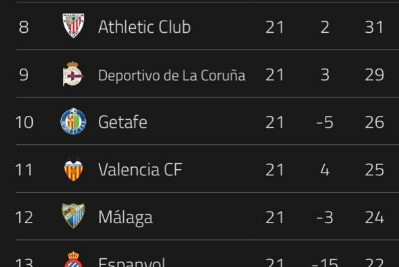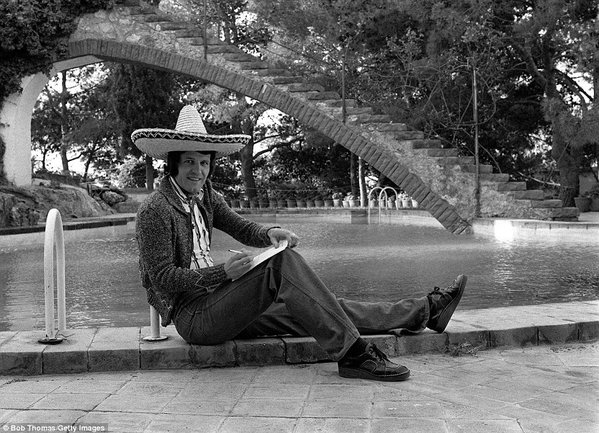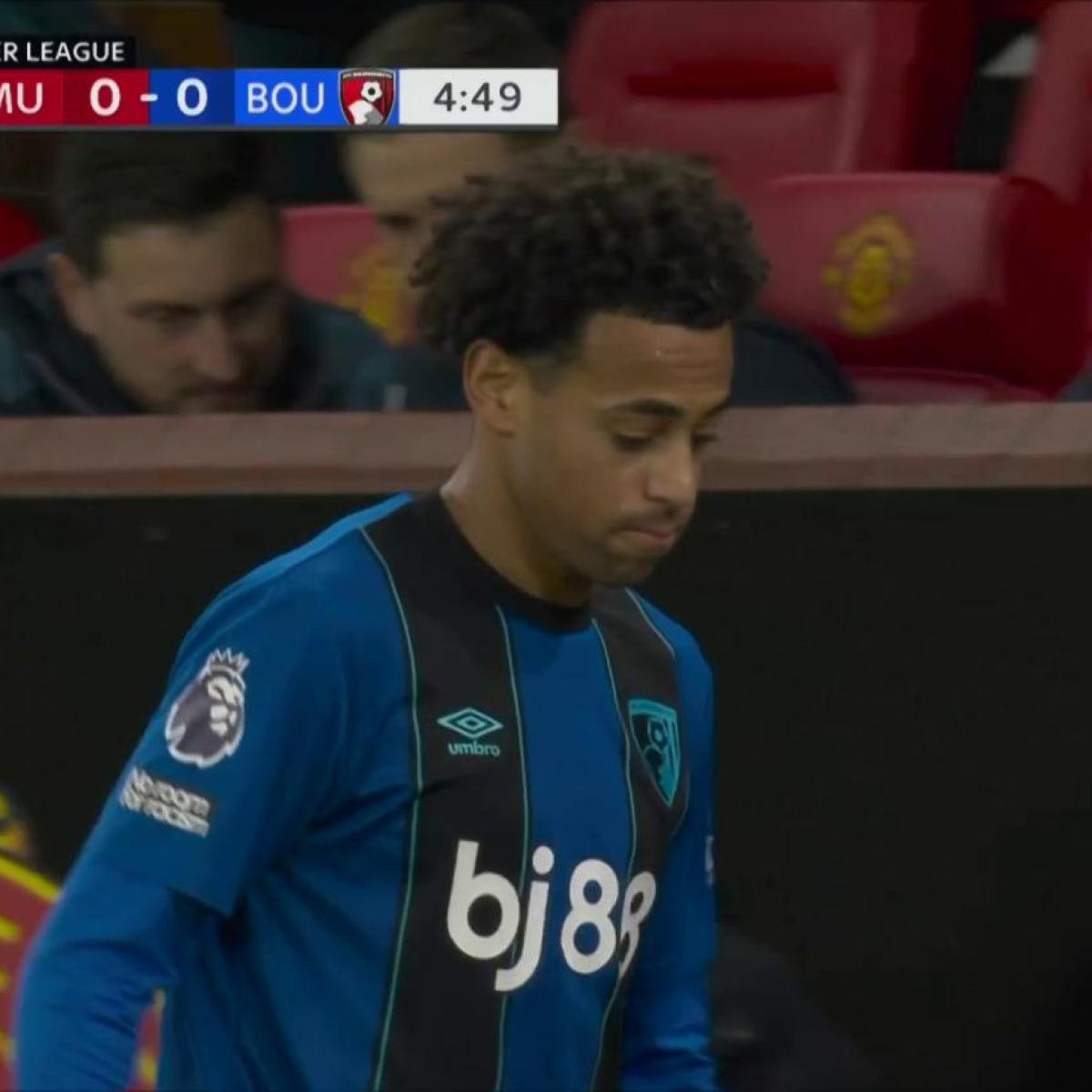Poor Gary Neville. The former Manchester United captain took over at Valencia in December, making him the 20th British manager to try his luck in Spain. He has yet to get a win after eight games. Remember, this is a side that finished 4th in La Liga last year, and boasts some considerable talent in Paco Alcacer, Alvaro Negredo and Sofiane Feghouli. They now sit in 11th, and haven't won since the 7th of November. The pressure is definitely starting to mount for the newest addition to the British Manager Abroad Club.

Valencia have had a dreadful season so far. Photo: @CatalanEdition | Twitter
Neville made his name at Manchester United as a solid and dependable right back, eventually becoming captain. He was a member of the famous "Class of '92" during the glory years under Sir Alex Ferguson and won just about everything there is to win at club level. After his retirement, he developed a reputation as an extremely astute pundit for Sky Sports, and also took up an assistant coaching role for the England national team. The timing seemed right for him to try his hand at a head coach role, yet some believed that the pressure and prestige of a club like Valencia was too much for his first foray into management. So far, it seems as if those doubts were be spot on.
The video above provides a rare insight into the world of a manager on the touchline. The stress and frustrations of Neville practically jump through the screen as he tries to communicate his message to players who, let’s be frank, look less than enthused. Neville already bears the look of a man who may have bitten off more than he can chew (A look immortalized by David Moyes in recent seasons).

We're starting to notice a theme here. Photos: @ClarkkKent, @futbolkaravani | Twitter
Yet, we should acknowledge that there are a lot of complications with a British manager going to coach overseas. The language barrier and cultural differences can make it hard for a coach to accurately get his message across. It's hard enough to get a room full of elite athletes to do what you want them to do, but to not speak the language makes it almost an impossible job.
The first time I was in Germany, I was in a small town named Schlotheim. The nice woman at the train station spoke no English. I spoke exactly five words of German. It took me 15 minutes and some clever charades to get the message across that I needed a train ticket to Munich.
Now, put yourself in that situation, but instead of a train ticket, you need to get across complex, dynamic tactical information. To 20 people. And to make things harder, the team is low on confidence. Oh, and good luck motivating them when half of them can’t understand you. When you break it down, it’s no wonder that British managers have had such a mixed rate of success overseas.
Some British managers have enjoyed great success. Fred Pentland led Athletic Bilbao to two titles and five domestic cups in the 1920's, and Welshman John Toshack led Real Sociedad to the Copa Del Rey in 1987 and won La Liga with Real Madrid in 1990.

Welshman John Toshack had great success in Spain. @70sfootball | Twitter
Other British managers have been successful but have been ousted anyway, such as Sir Bobby Robson. Robson won the Spanish Super Cup, the Copa Del Rey and the European Cup Winners' Cup in his first season. He also brought along a certain Jose Mourinho and shoved the Brazilian Ronaldo into the spotlight, yet he was replaced by Louis Van Gaal the following season. Terry Venables guided Barcelona to a League Cup and title in 1985, followed by a European Cup final in '86. Guess what happened next? Yes, he was also sacked.
And then of course, there are the cases of Ron Atkinson, Chris Coleman and David Moyes. "Big Ron" only lasted three months at Atletico Madrid, Coleman resigned at Real Sociedad after nine months, and Moyes was dumped unceremoniously by Sociedad after just one year.
So, where does Neville fit into all this? That's hard to say at the moment. In this day and age, with the ever itchy trigger fingers of chairmen and presidents, the newest British manager may find even less time to find success than anyone before him.
Looking at the past, the British managers who were afforded the most time found the most success (Pentland and Toshack both spent the better part of two decades in Spain), which is perfectly logical. British managers must be able to assimilate to the culture and learn the language, as well as the usual managerial laundry list. Will Neville get that sort of time? No. Not at Valencia anyway.




